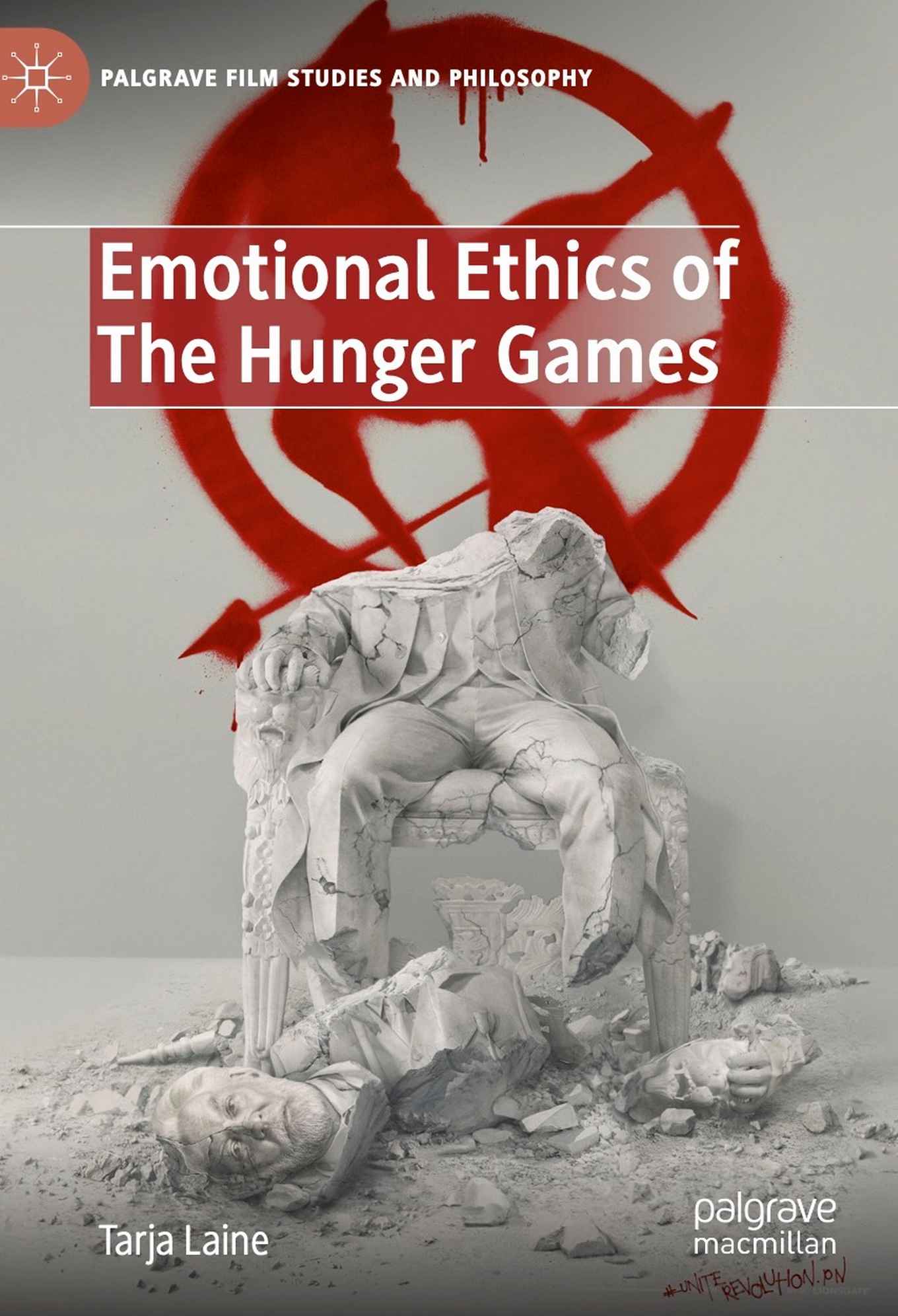New Book: Tarja Laine
8 June 2021

It argues that emotions, incorporated in the thematic and aesthetic organization of these films, reflect a crisis in moral standards. As such they cultivate ethical attitudes towards such phenomena as totalitarianism, the culture of reality television, and the society of spectacle. The focus of the argument is on cinematic aesthetics, which expresses emotions in a way that highlights their ethical significance, running the gamut from fear through guilt and shame, to love, anger and contempt. The central claim of the book is that these emotions are symptomatic of some moral conflict, which renders The Hunger Games franchise a meaningful commentary on the affective practice of cinematic ethics.